
Lab meat soon in Swiss shops?
Research into alternatives to animal meat is in full swing. Cultured meat could be a resource-efficient source of protein in the future. Migros now wants to conquer the Swiss market with cultured beef steaks together with an Israeli start-up. The two companies have submitted a licence application to the federal government.
Friday, August 18, 2023
As reported by «20 Minuten», the Israeli start-up Aleph Farms wants to bring the world's first cultured beef steaks to the Swiss market. To this end, it submitted an application for approval to the Federal Food Safety and Veterinary Office (FSVO) in cooperation with Migros. Migros has been working with Aleph Farms since 2019 and is also involved in the development of alternative meat products in Switzerland. Migros sees great potential in lab-grown meat to be able to sustainably cover the globally increasing meat consumption. According to a survey by Migros and Aleph Farms, 74 percent of Swiss consumers are open to cultured meat. However, it will probably be a few years before cultured steaks can be bought in Swiss shops. According to «20 Minuten», Migros does not expect distribution before 2030.
Alternative protein sources sought
Cultured meat, also called in vitro meat, is a meat product that has not been grown on the animal. Muscle stem cells from cattle are stimulated to grow in a special nutrient medium. The meat thus grows in a container and not on an animal. In the future, steaks and other meat products will be produced in a more resource-efficient and climate-friendly way. It is also a contribution to the development of alternative protein sources. In countries with a Western-style diet, animal-based foods provide the majority of protein. Since the production of animal proteins requires an extremely large amount of resources such as land, water or feed, alternative protein sources are sought.
Whether proteins from the laboratory are really more resource-efficient in the end, however, remains to be seen. But one thing is clear: for people to switch to non-animal proteins, the products have to taste good to them and they have to be in line with local eating traditions. Otherwise, the products will not be bought and thus cannot contribute to environmental protection. In addition, the food must be affordable for everyone. And this requires companies that can produce on a large scale.
Milk from the laboratory
In addition to meat, milk could also come from the laboratory or fermenter in the future. The Israeli start-up Remilk uses precision fermentation to produce milk that looks and tastes the same as the original cow's milk. However, according to the start-up, the «cow-free» milk has a significantly smaller ecological footprint.
Sources
Kindly note:
We, a non-native editorial team value clear and faultless communication. At times we have to prioritize speed over perfection, utilizing tools, that are still learning.
We are deepL sorry for any observed stylistic or spelling errors.
Related articles
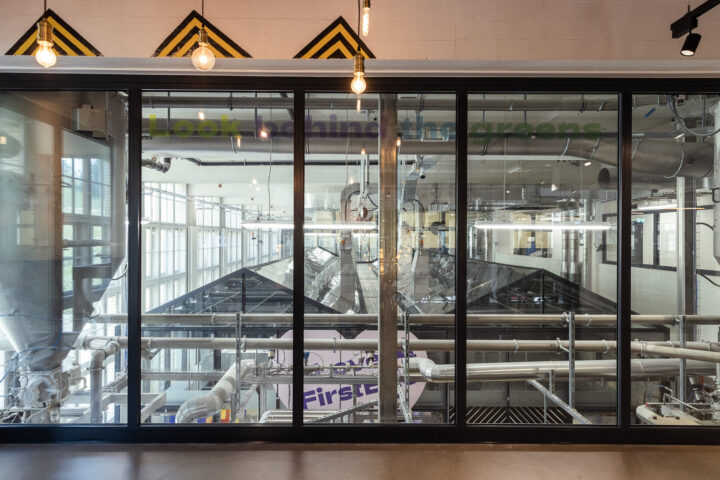
How a Swiss start-up protects its inventions
The topic of meat substitutes is on everyone's lips here in Switzerland, as in many countries. At the forefront of Swiss manufacturers in this field is the start-up Planted, whose success is partly due to its systematic protection of intellectual property.

11 Megatrends: "Avalanches in slow motion"
The world is changing. The complexity is great and that makes it difficult to keep track in everyday life. Megatrends provide orientation here. They outline the main lines of change.
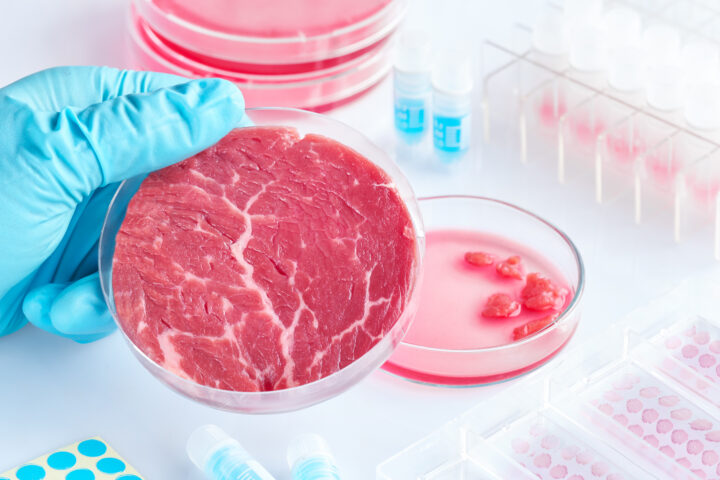
From stem cell to steak
Meat production consumes a lot of resources. And for a wide variety of reasons, people are eating less meat or even giving it up entirely. A growing number of companies are therefore looking into alternative methods of producing meat – for example, in a lab.
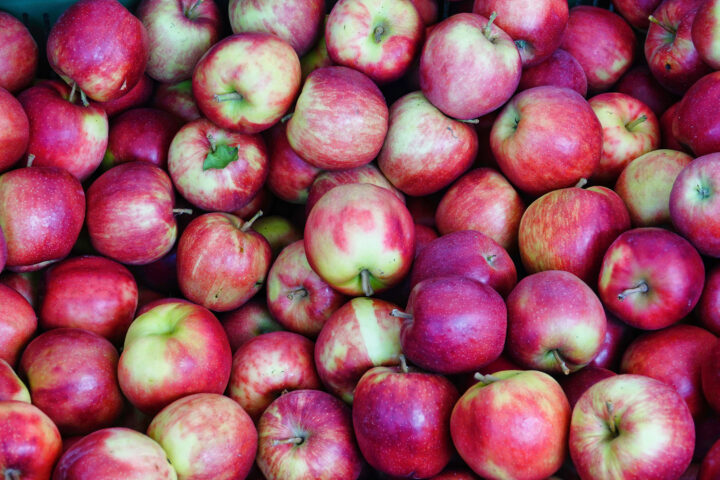
Where the focus lies in apple breeding
The new head of Agroscope's fruit breeding research group is Andrea Patocchi. In an interview with the trade journal Obst + Wein, he explains where the focus of apple breeding lies today.
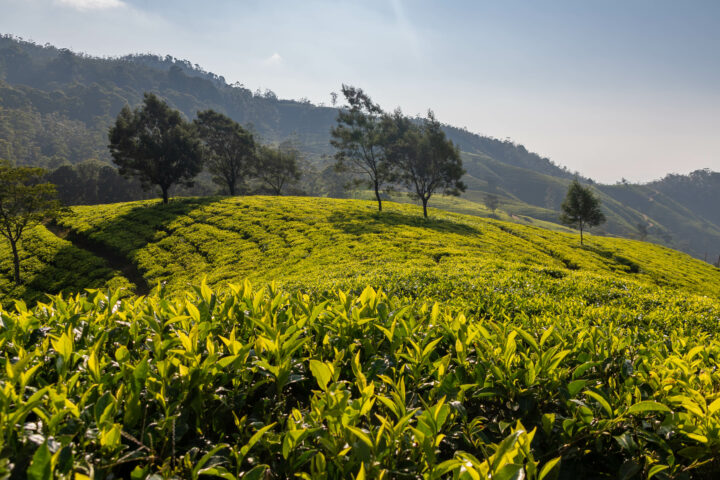
Chinese robot picks tea
There is a shortage of tea pickers in China. A robot developed by a researcher is set to remedy the situation and take over the work in future. Thanks to artificial intelligence, the machine can even recognise the shoots of the tea plant. The first harvesting robots are also already being developed in Switzerland.
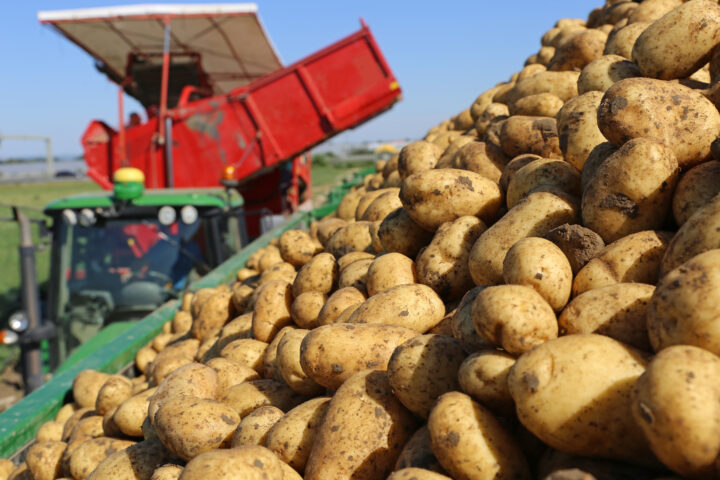
Potato farmers want robust varieties
As the use of pesticides is to be massively reduced, the potato industry now wants to focus on more robust varieties. The industry has even concluded a target agreement with the federal government. This is ambitious: By 2040, robust varieties are to thrive on 80% of potato cultivation areas.
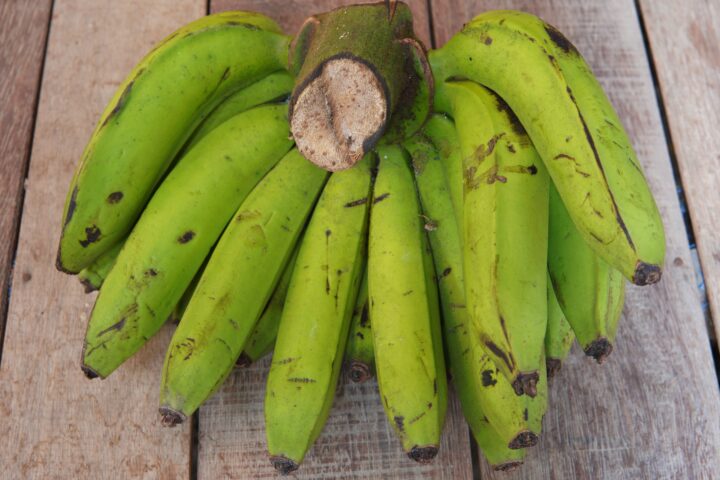
How genetic engineering is saving the Cavendish banana
The most popular banana variety - the so-called Cavendish banana - could soon disappear due to a persistent fungus. Australian researchers have developed a solution based on genetic engineering.

